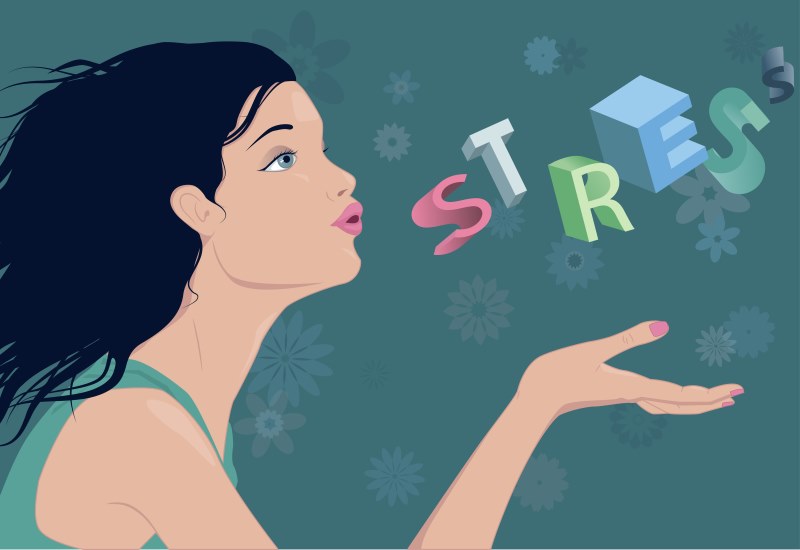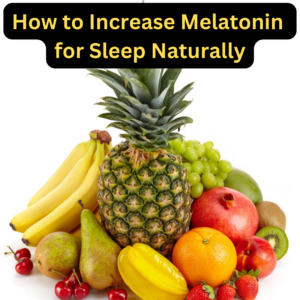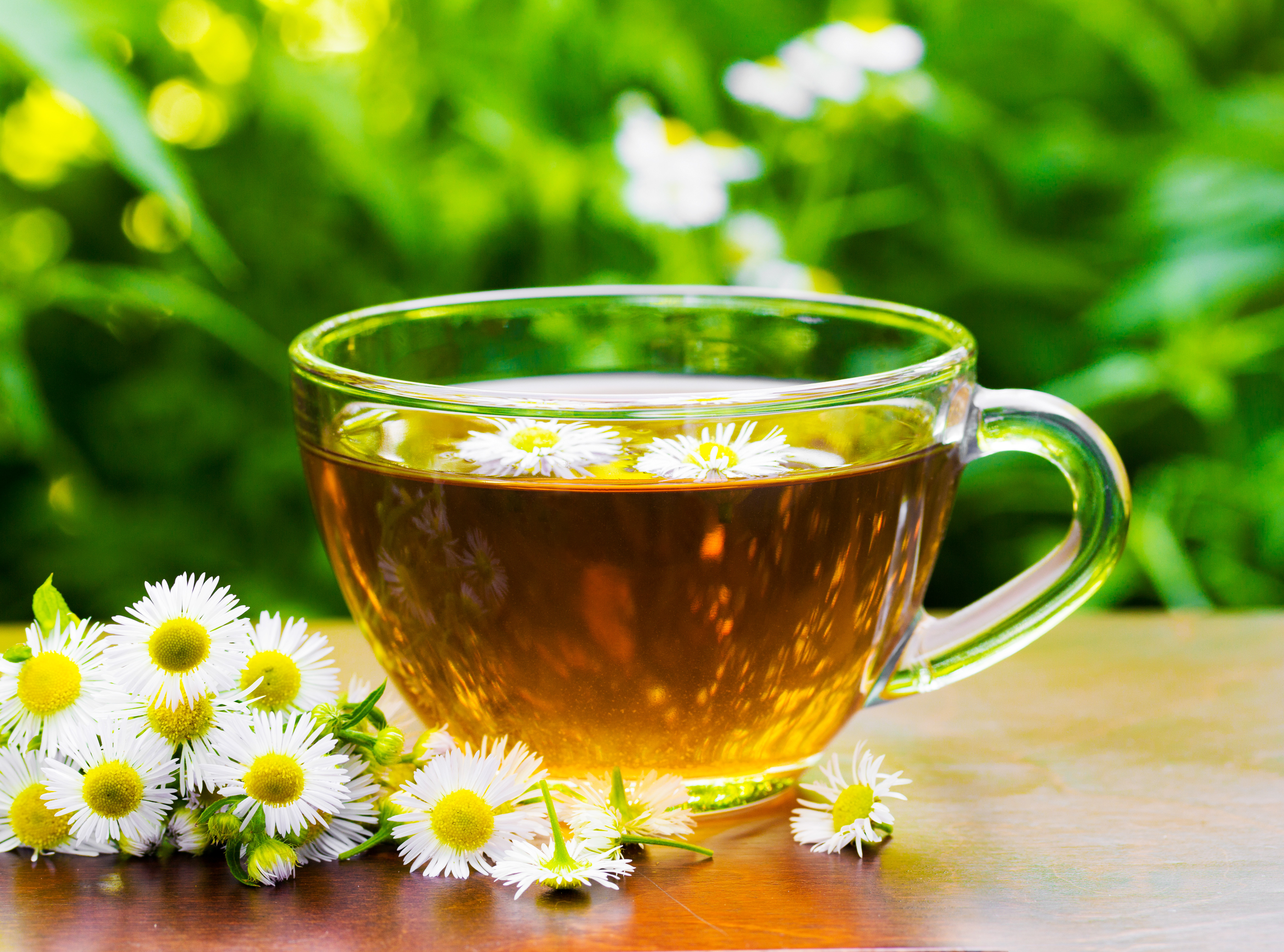 Google Trends provides valuable insights into the public’s interests and shows how many people are searching for different health topics and conditions.
Google Trends provides valuable insights into the public’s interests and shows how many people are searching for different health topics and conditions.
As of June 2024, data from Google Trends reveals that magnesium has collected three times as many searches as melatonin, indicating a significant public interest in understanding its benefits, particularly for sleep.
Understanding Melatonin and Magnesium for Sleep
Magnesium is an essential mineral that plays a crucial role in various bodily functions, including muscle relaxation and nerve function, both vital for restful sleep. It supports heart health (also a muscle) and is a proven remedy hot flashes, depression and migraines. Melatonin, on the other hand, is a hormone produced by the pineal gland in the brain that regulates the sleep-wake cycle, signaling the body when it’s time to sleep.
Magnesium: Dr. Carolyn Dean, a nutritionist and author, states, “Magnesium is vital for muscle and nerve function, promoting relaxation, and helping to ease the body into a state conducive to sleep.”
Melatonin: According to Dr. Michael Grandner, a sleep researcher, “Melatonin is effective for adjusting the body’s internal clock, making it particularly useful for managing jet lag or shift work disorder.”
Side Effects and Safety
Magnesium: Common side effects from taking too much include digestive issues such as diarrhea or stomach cramps. Dr. Dean advises, “It’s crucial to start with a lower dose to see how your body reacts and consult with a healthcare provider before beginning any supplement regimen.”
Melatonin: Possible side effects of melatonin include drowsiness, headaches, dizziness, and, in some cases, mood changes. Dr. Grandner notes, “Melatonin is best used as a short-term solution. Long-term use can disrupt your natural sleep cycle and potentially lead to dependency.” Taking it for too long can also interfere with the body’s ability to make its own melatonin.
Effectiveness and Safety
For those who need to address a magnesium deficiency, or those who experience muscle spasms, cramps, or fatigue, magnesium might be more effective as it remedies the deficiency and also induces overall relaxation for better sleep. For individuals who travel or need to reset their sleep schedule, short-term use of melatonin can help.
In terms of safety, both substances are relatively safe when used correctly. However, because melatonin is a hormone, it should be used more cautiously, especially over long periods. Magnesium’s side effects are mostly related to dosage, making it somewhat safer for regular use.
Conclusion
The significant difference between magnesium and melatonin in Google searches highlights a growing curiosity about magnesium for sleep and the benefits it can provide. Magnesium and melatonin serve different purposes and have separate safety profiles. Choosing the right one depends on your specific sleep needs.
If you are taking any medications, its best to consult with your doctor about the use of supplements.
Nutrition Breakthroughs
This health news is shared by Nutrition Breakthroughs, maker of the original calcium and magnesium based sleep aid Sleep Minerals II, and Joints and More, a natural supplement for joint relief, less aches and pains, stronger hair and nails, and more energy.





